-
Does global warming cause droughts, drying or increased aridity?
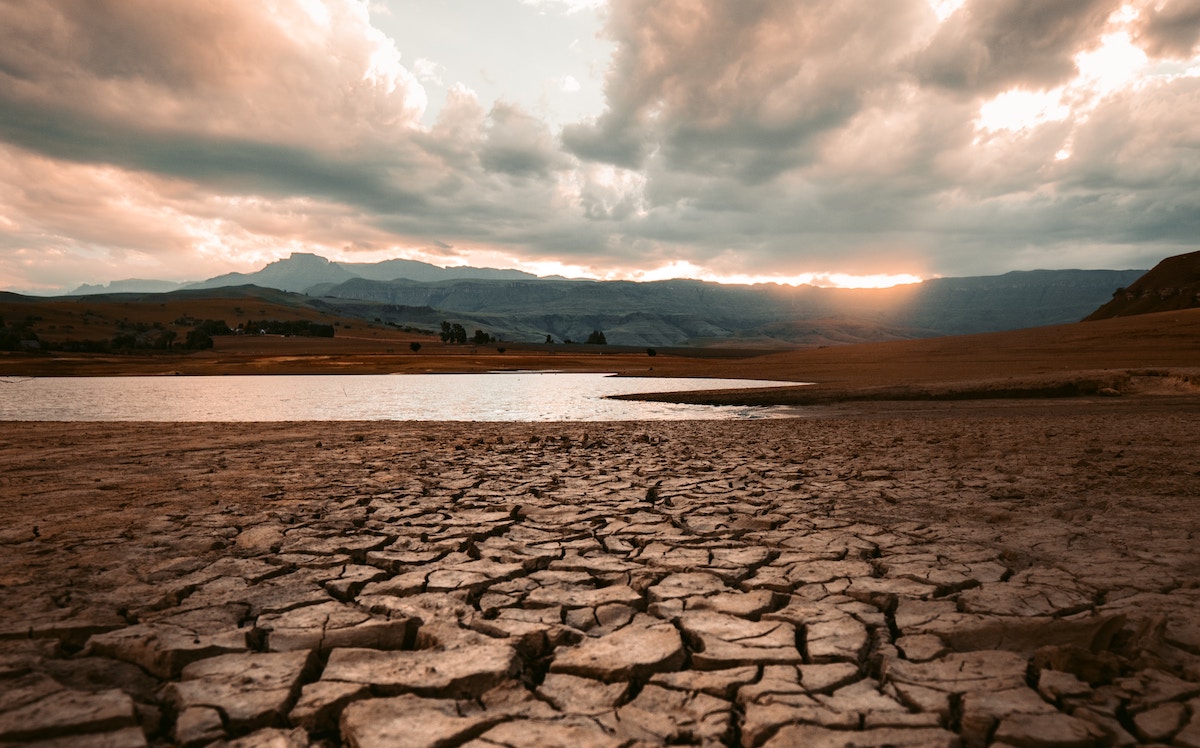
In an hour-long talk to a business forum, Andy Pitman said: “there is no link between climate change and drought”. Given the audience were not climate scientists, or interested in the physics of the climate, this statement was one word too brief. Andy fully admits he should have said: “there is no direct link between…
-
Briefing note 008: Global crop yields are strongly affected by extreme climate conditions
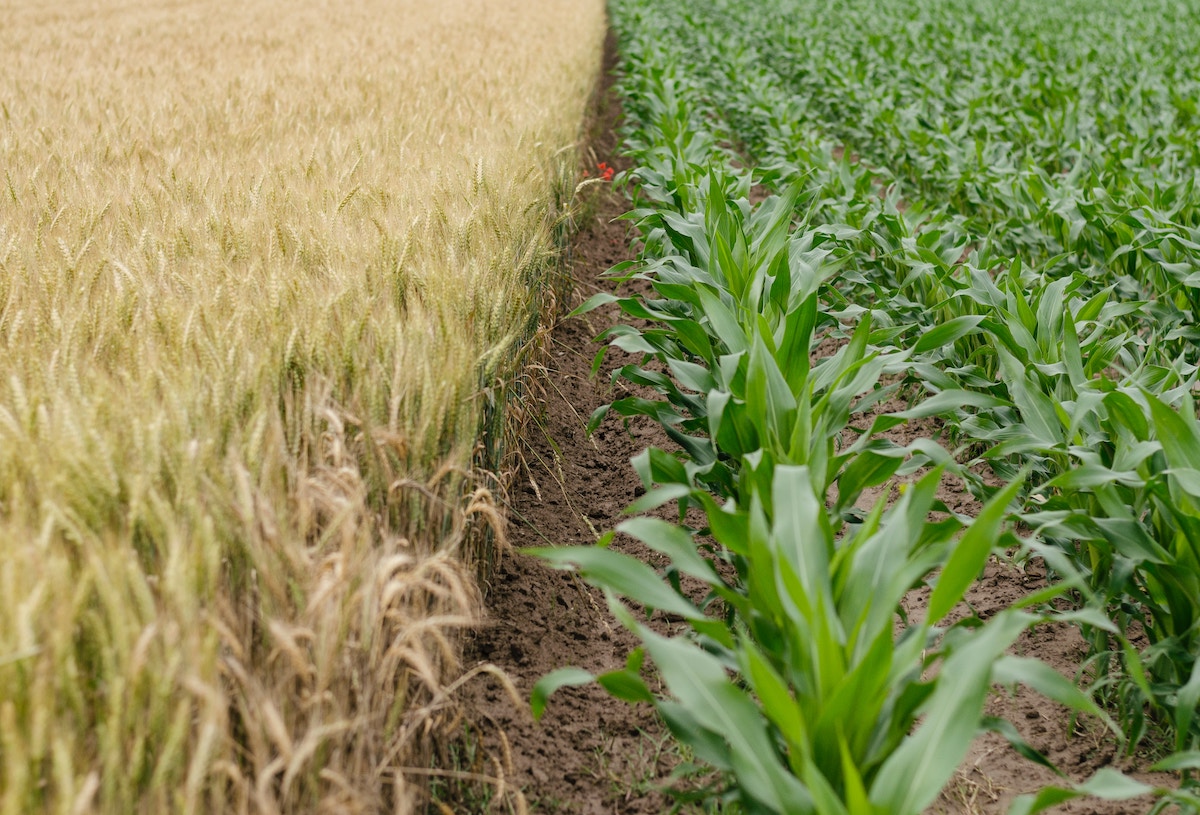
The ARC Centre of Excellence for Climate Extremes has contributed to a new scientific study that reveals that extremely hot and cold temperatures, drought and heavy rainfall strongly affect the year-to-year variation in the total global yield of four important crops.
-
Recent El Niño behaviour is unprecedented in the last 400 years

In a world first, CLEX researchers have produced a 400-year-long record of El Nino activity. This gives us an entirely new insight into the behaviour of these high impact events and reveals unprecedented changes over the past 30 years.
-
Briefing note 006: The extreme rainfall in northern Queensland during January and February 2019

Large areas of northern Queensland experienced extreme rainfall and severe flooding in late January and February 2019. This briefing note examines the impacts and some of the likely causes of the event.
-
Briefing note 005: Heatwaves in the ocean threaten marine ecosystems across the world
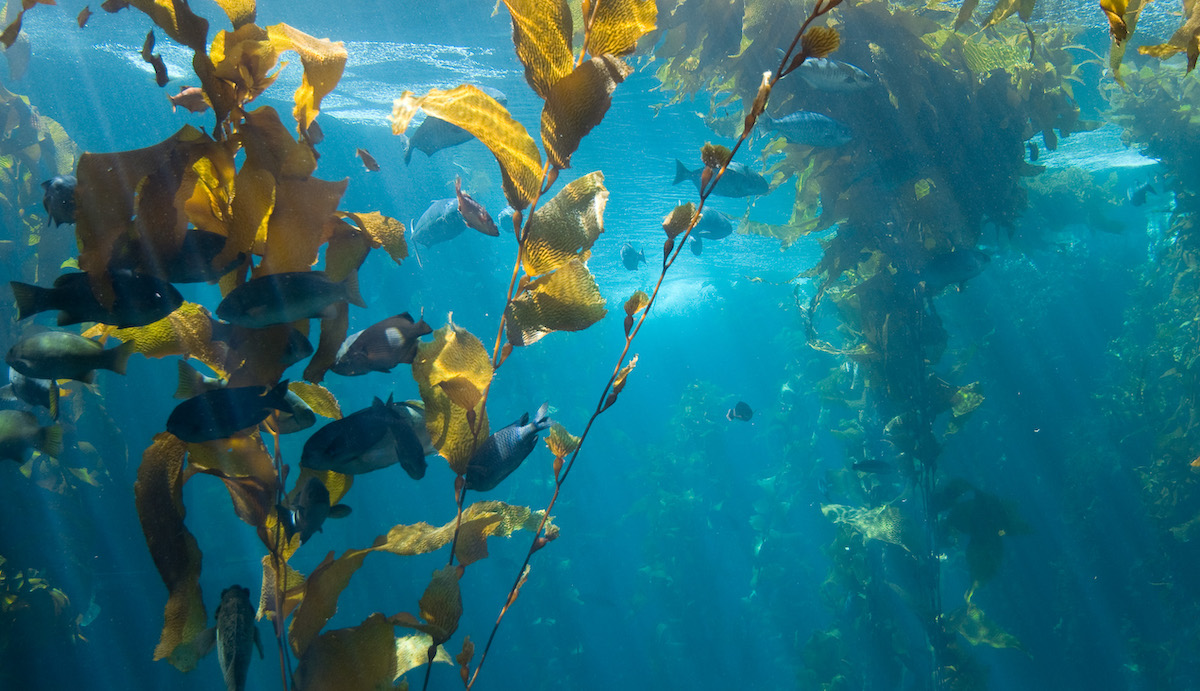
Marine heatwaves are becoming longer and more frequent. A global assessment of marine heatwaves has concluded that they have “the capacity to restructure entire ecosystems and disrupt the provision of ecological goods and services in the coming decades”.
-
Future weather and climate extreme events
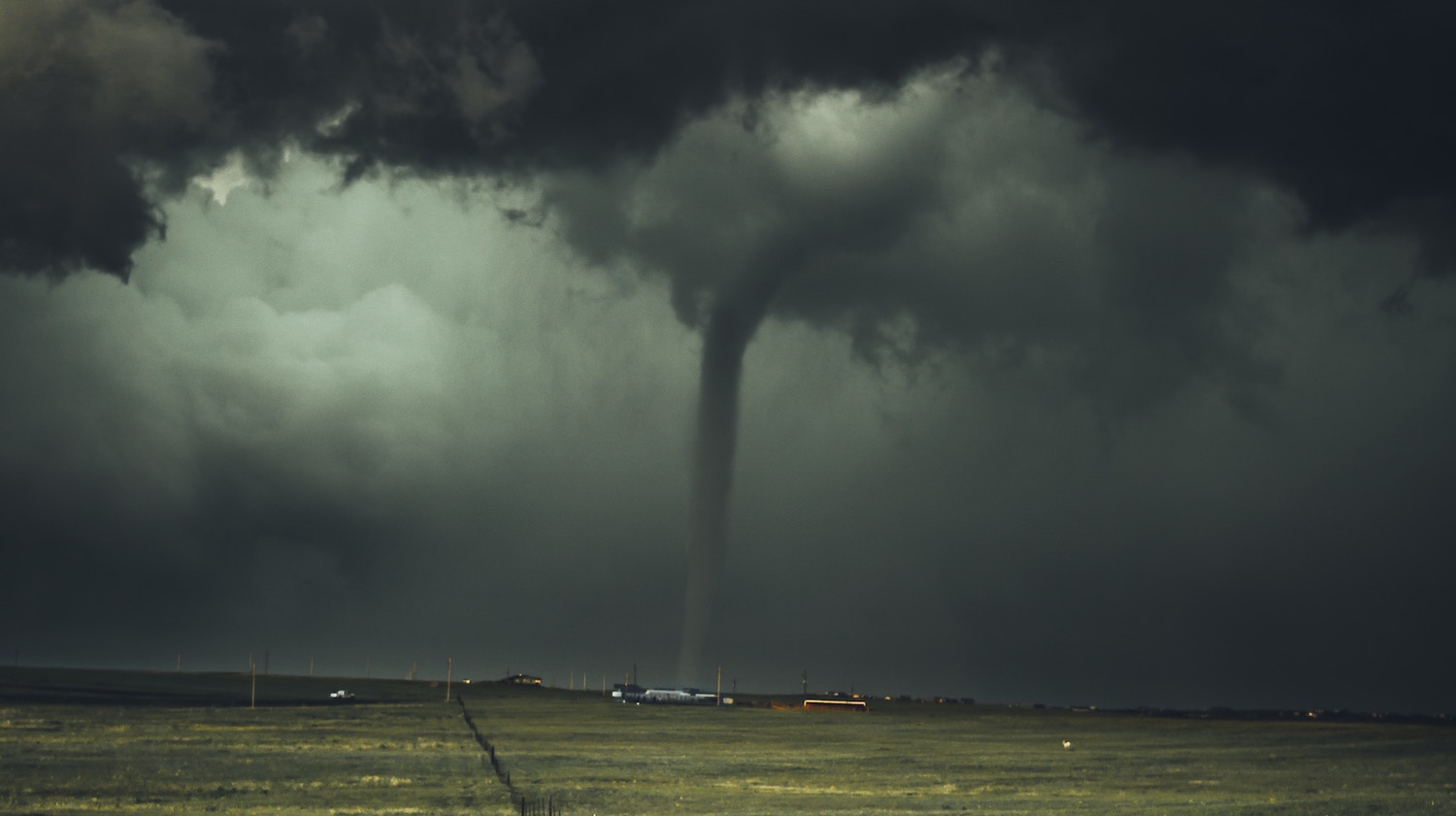
Weather and climate extremes occur on a wide range of time and space scales. Weather extremes occur on shorter timescales and are regionally or locally specific while climate extremes tend to be on longer timescales and can impact a region through to the whole globe. This note provides a statement on what we know about…
-
Briefing note 003: Why are we uncertain about how extremely wet conditions will change in Australia in the future?

Computer models used to simulate global climate agree the climate will warm in response to increasing atmospheric greenhouse gases. However, a recent paper by Bador et al. (2018)1 includes results that highlight our uncertainty about exactly how extremely wet conditions will change in Australia. Further development of Australia’s national climate model, ACCESS, may help reduce…
-
How useful are the Australian FLUXNET (Ozflux) data?

The Australian FLUXNET data provide perhaps the world’s most valuable observations for building and evaluating the land models needed for projecting future droughts and heatwaves.
-
Briefing note 001: What is the chance of global warming exceeding 1.5°C in the next 5 years?
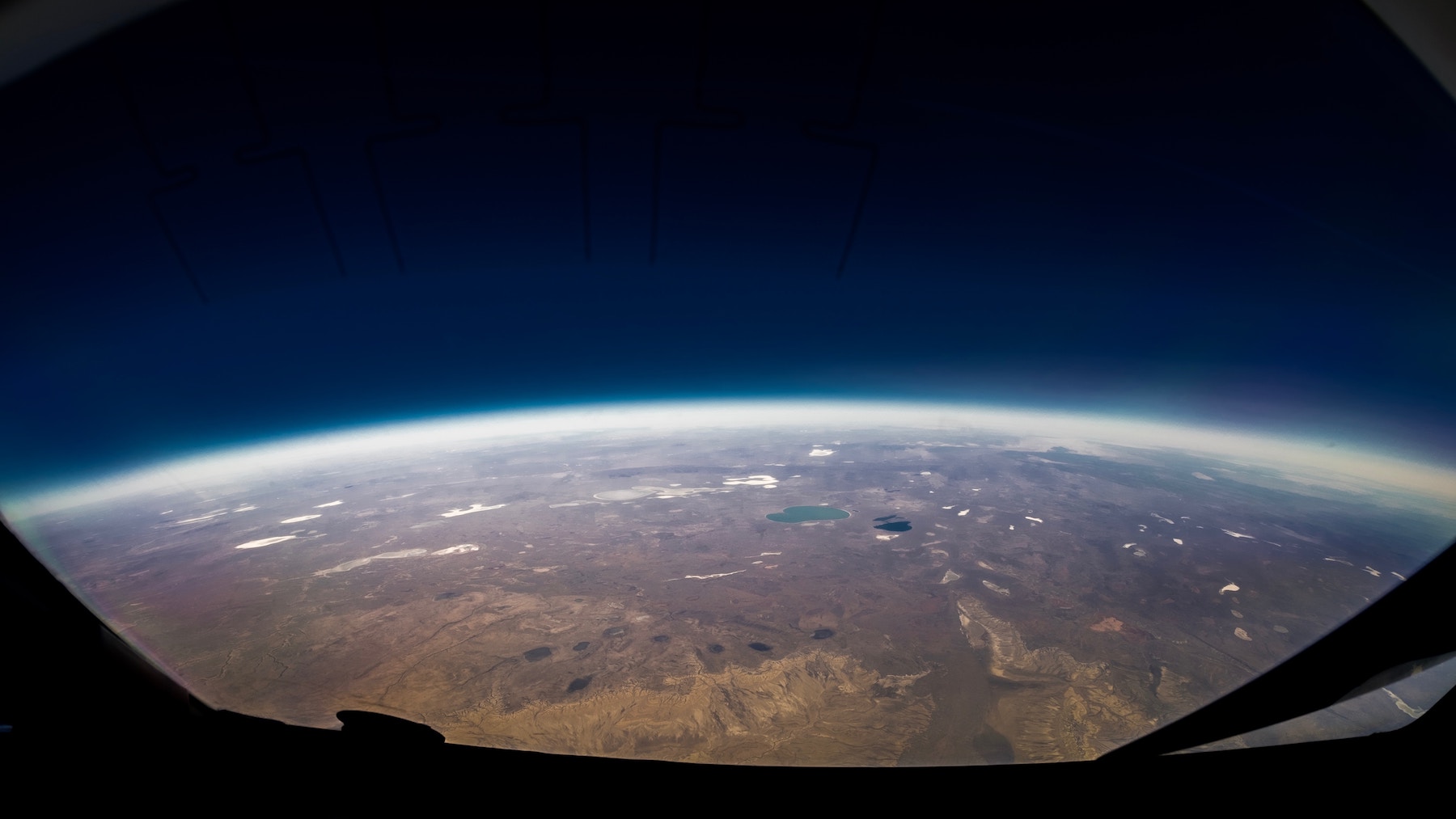
An international group of scientists has now forecast the likelihood global warming will exceed 1.5C over the next 5 years. This is one of the thresholds of the UNFCCC’s Paris Agreement, which aims “to strengthen the global response to the threat of climate change by keeping a global temperature rise this century well below 2°C…
